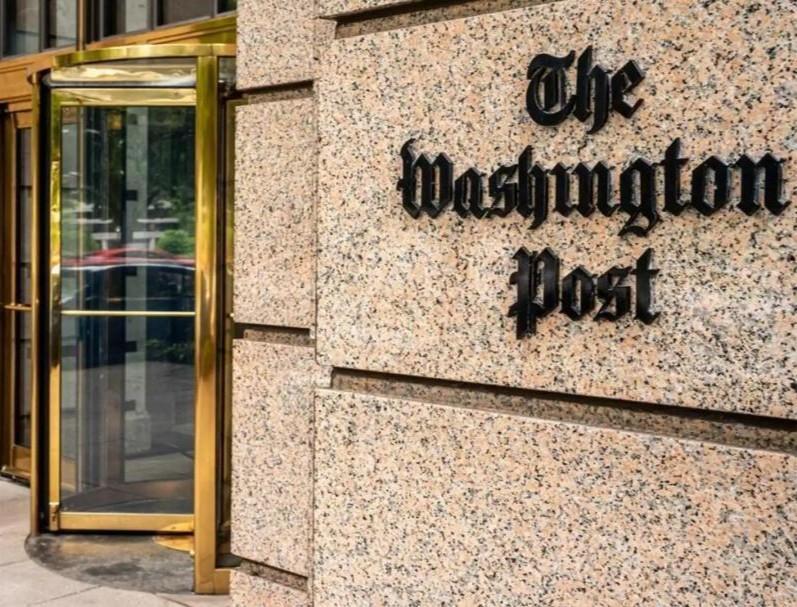
Washington Post Columnist Quits as Piece Critical of Bezos Shelved
In a shocking turn of events, a prominent columnist at The Washington Post has resigned from her position, citing the newspaper’s management decision to not run her commentary critical of owner Jeff Bezos’ new editorial policy. Ruth Marcus, a respected journalist who has been with The Post since 1984, announced her departure on Monday, sparking concerns about the erosion of press freedom.
Marcus’ resignation comes after she submitted a column that criticized Bezos’ new policy, which restricts columnists from writing about certain topics without explicit approval from the newspaper’s editors. The policy change has raised eyebrows among journalists and media critics, who see it as an attempt to stifle dissenting voices and promote a pro-Bezos agenda.
According to Marcus, her column was deemed too critical of Bezos’ policy and was subsequently shelved by the newspaper’s management. In her resignation letter, Marcus expressed her deep disappointment and frustration with the decision, stating that “traditional freedom of columnists to select the topics they want to write about and say what they think has been dangerously eroded.”
Marcus’ resignation is a significant blow to The Washington Post, which has long been revered for its independent journalism and commitment to press freedom. Her departure is also a testament to the growing concerns about the influence of billionaire owners on the media landscape.
Bezos, the founder of Amazon and owner of The Washington Post, has been accused of using his vast wealth and influence to shape the newspaper’s editorial direction. Critics argue that his ownership has led to a shift in the newspaper’s tone and coverage, with a greater emphasis on business-friendly and pro-Bezos stories.
The controversy surrounding Bezos’ ownership of The Washington Post is not new. In 2013, he purchased the newspaper for $250 million, sparking concerns about the potential for conflicts of interest and the erosion of journalistic independence.
Since then, there have been numerous reports of Bezos’ involvement in the newspaper’s editorial decisions, including the hiring and firing of top editors and the publication of stories that are perceived as favorable to his business interests.
Marcus’ resignation is a clear indication that the situation has reached a boiling point. As a respected and award-winning journalist, her departure is a significant loss for The Washington Post and a blow to its reputation for independent journalism.
The incident also raises broader questions about the state of press freedom in the United States. The Washington Post’s decision to shelve Marcus’ column and restrict her from writing about certain topics is a stark reminder of the challenges facing journalists in the current media landscape.
In an era where billionaire owners and corporate interests are increasingly influential, the need for independent and fearless journalism has never been more important. The Washington Post’s decision to silence Marcus is a stark reminder of the dangers of press censorship and the erosion of journalistic freedom.
As the media continues to grapple with these challenges, it is essential that journalists and media organizations stand up for their rights and fight for the freedom to report the truth, without fear of retribution or censorship.
In her resignation letter, Marcus urged her colleagues to continue fighting for the principles of independent journalism, stating that “the free press is the lifeblood of democracy, and we must fight to protect it.”
As the debate surrounding Bezos’ ownership of The Washington Post continues to escalate, one thing is clear: the future of journalism depends on the ability of journalists to report the truth, without fear of censorship or retribution. Marcus’ resignation is a powerful reminder of the importance of this principle and the need for journalists to stand up for their rights and fight for the freedom to report the truth.






